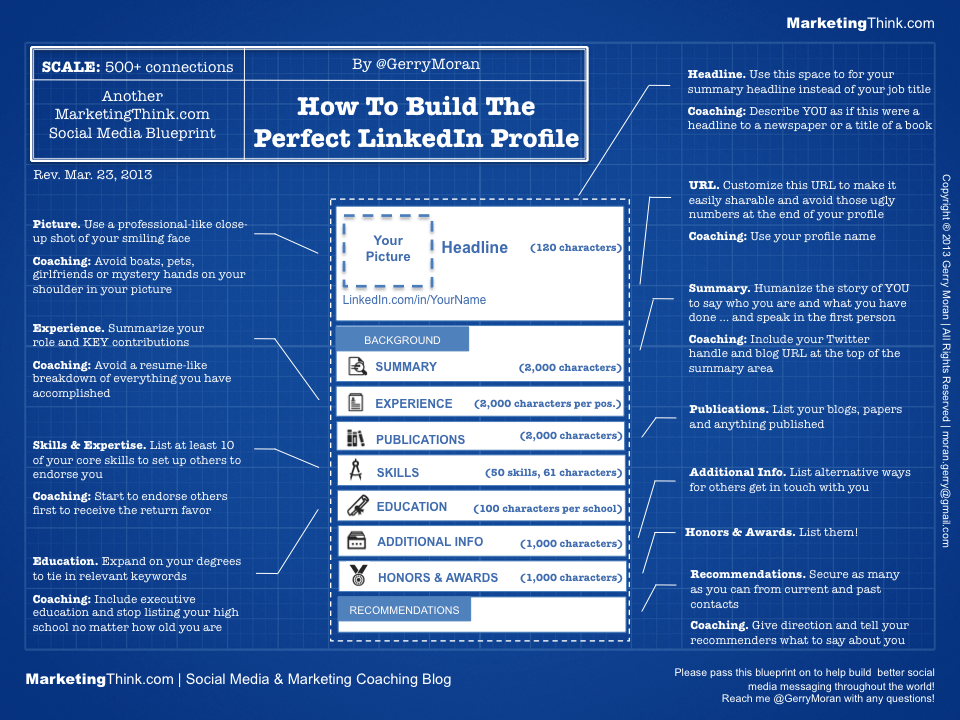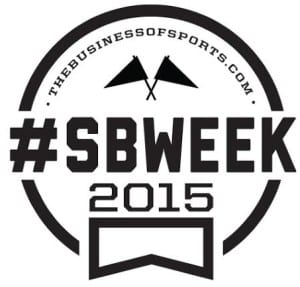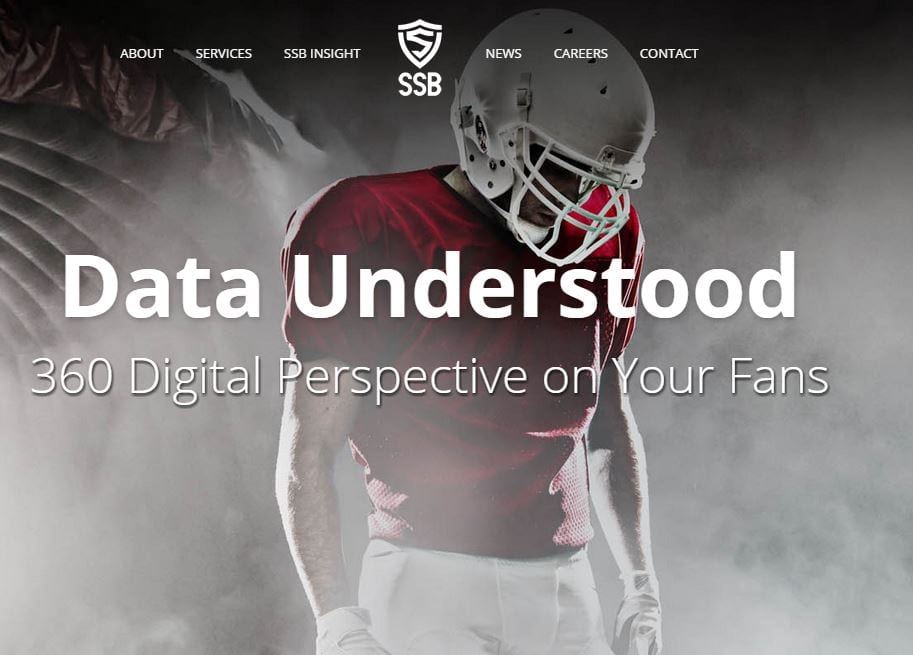by Justin Gurney – April 2015 Does this sound familiar? “Great job Brandon! You made 150 calls today, those will be sure to turn into sales, so keep it up.” “Ryan, wow you set 10 appointments this week leading the way.” “Mark, you were on the phone for 200 minutes today, way to dig in…Continue Reading 5 Tips For Managing in a Social Selling Environment
5 Tips For Managing in a Social Selling Environment





